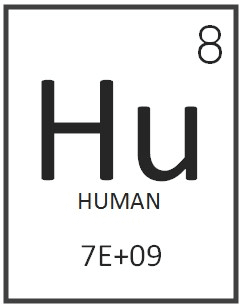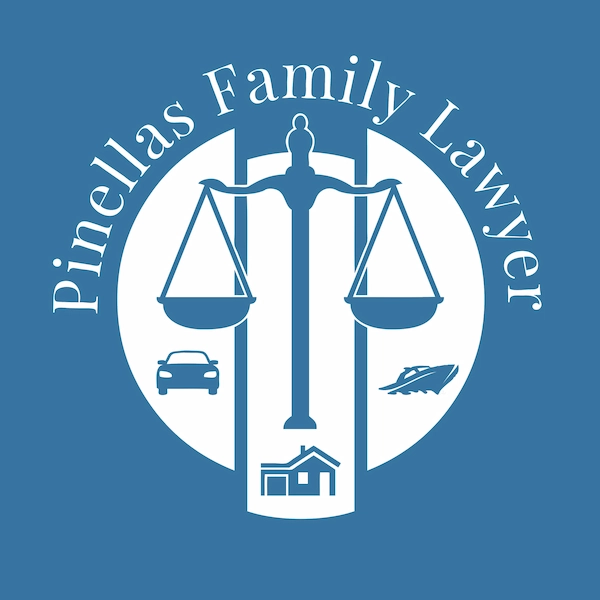
I often advise my clients as to what course of action they should take regarding their legal issues. Clients naturally want to know what the outcome will be when their case is over and the dust has settled. It can be difficult to explain that while I may have a good idea of how things should turn out in the end, the fact is it’s just impossible to say anything with certainty. Why? The human element. No matter which area of law you are talking about, the human element always comes into play. The other party to a lawsuit may act emotionally and refuse to settle, even though the law is clearly not on their side. A spouse may be bitter about an unexpected divorce and decide to drag out litigation for months or even years. Even in criminal law, the prosecutor or judge may have had a bad day and decide they want to seek the maximum penalty allowed when they normally would have gone easy on the defendant. The human element is the one variable that can never be calculated exactly.
So, how do you plan for the uncertain human element? Well, while I can’t give my clients complete certainty, I can usually tell them how things should go. I also try to give them a worst-case scenario and a best-case scenario. Some people may think you can never truly know the worst-case scenario until it happens, and I guess that’s true; maybe a plane could randomly crash into your house and pin you against the wall (this really happened in Florida just a few weeks ago; click here for the story). But, if everyone operates within the parameters of the law, there is usually some degree of predictability. For instance, if someone is seeking to terminate parental rights of the other parent after the other parent has abandoned the child, the best-case scenario is everything goes smoothly, the abandoning parent consents to the termination, and just like that, the case is over (after going through the formal court process of course). The worst-case scenario is the other parent decides to litigate the matter, costing my client lots of money in legal fees, and winds up getting some shared custody in the end.
The human element is not limited to the judge or jury making an unpredictable decision. All humans, including clients, have a tendency to put their own “spin” on a situation. It is important for my clients to tell me not just the facts that benefit them, but also the facts that might be bad for them as the case progresses. It can be difficult to remain objective, but it doesn’t help me or my client if we’re sitting in court only to find out for the fist time from the other side that my client has sent threatening text messages or ignored some part of their parenting plan. People naturally want to recount events in a way that reflects favorably on themselves. It’s a lawyer’s job to put forth their client’s case in a way that puts their client in the best light. But, the lawyer can’t do that properly when the client fails to give them all the pieces to the puzzle. I don’t mean to say clients, judges, or juries do anything wrong; they simply bring their own human element to the table and make my job as a family law attorney that much more interesting and make results that much more difficult to predict.
The human element becomes less of a factor as you get to know the judge you’re practicing in front of, after you’ve given your opening statement to the jury and seen how they react, or after the first time you get to meet a client’s ex-husband or ex-wife. These things may help you make a better guess how things will go, but not even Facebook’s or Google’s algorithms can figure out how someone will act in any given scenario with 100% certainty. Maybe one day Google or AI will assist us in deciphering the human element, but until then, I guess I’ll just have to rely on my own life experiences and hope people act reasonably most of the time.

Roland,
I have really enjoyed reading these posts! Keep up the good fight!
Prof. Harrell
Thanks for the encouragement! Everyone I spoke with prior to making the decision to practice family law told me: “Don’t do it!” It is much more emotionally charged than practicing civil law, (especially when children are involved) but I’m appreciative of my ability to help families in need and focus on a field of law that many attorneys are not willing to take on.
If you are considering getting a divorce, it is important to do your research and find a lawyer who will advocate for your needs and goals.